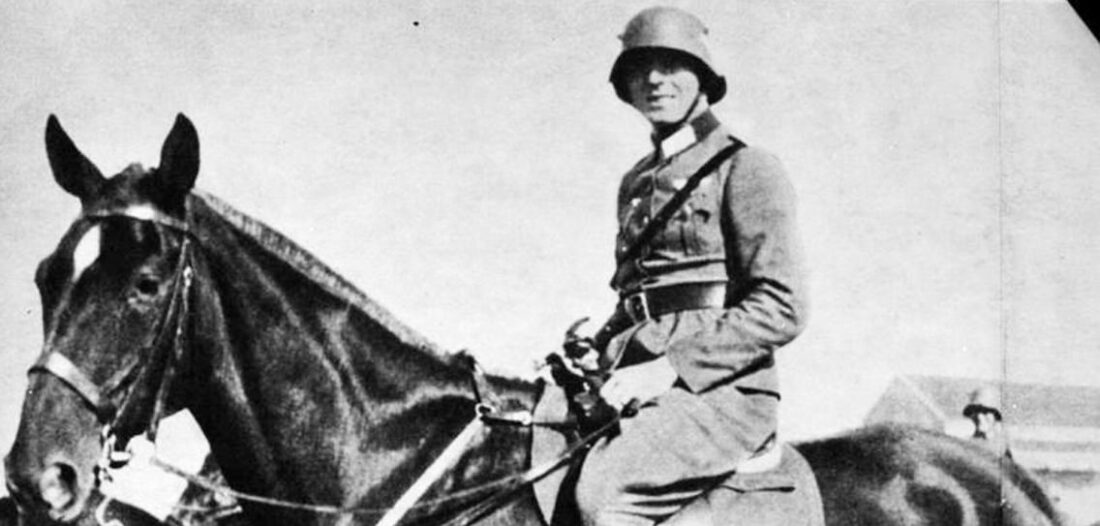Annegret Kramp-Karrenbauer, Germany’s defence minister, delivered an important speech on July 20, the 76th anniversary of the abortive plot to kill the arch demon Adolf Hitler.
Speaking at a ceremony in Berlin during which new army recruits were sworn in, she paid tribute to Claus von Stauffenburg, the colonel who was summarily executed for his central role in the 1944 assassination attempt.
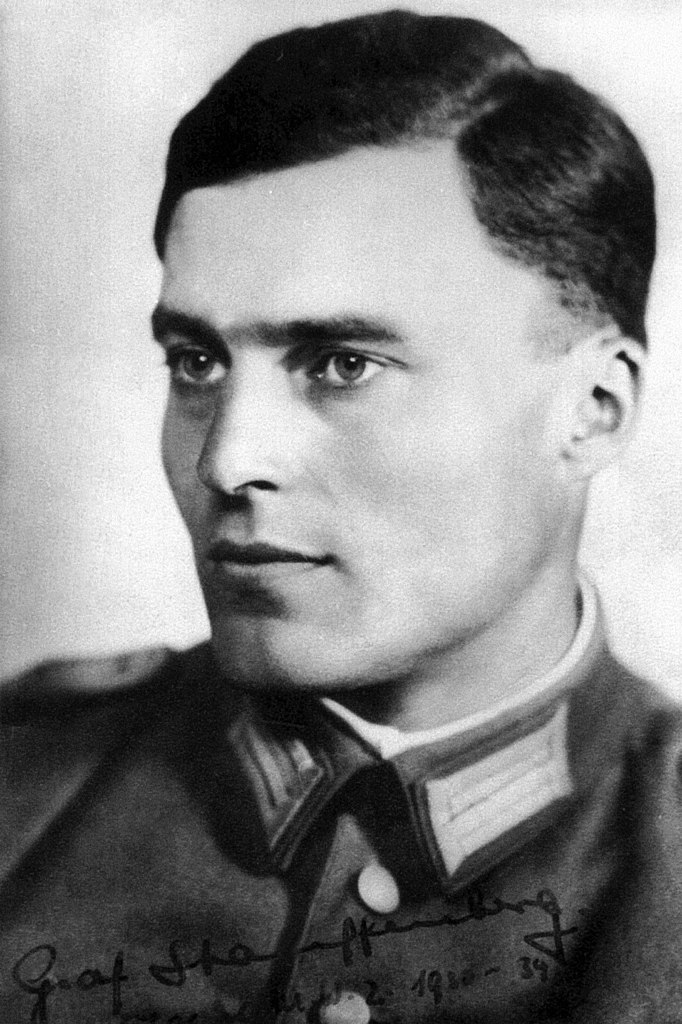
Beyond honoring him as a person of conscience and courage, Kramp-Karrenbauer left another unmistakable message: German soldiers who gravitate to right-wing extremism, a malady still present in contemporary Germany, will have no place in the armed forces.
“The simple Wehrmacht soldier may have fought bravely,” she said, referring to the millions of soldiers who were sent off to war between 1939 and 1945. “But if his bravery served an ideology of conquest, occupation and annihilation, then it was for nothing.”
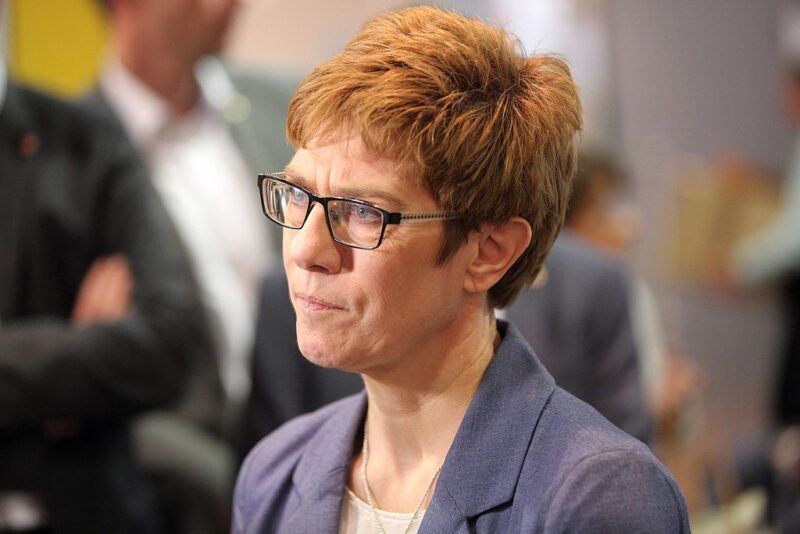
So true.
Germany’s aggressive and murderous Nazi regime pillaged and destroyed everything in its path, including six million Jews in the Holocaust.
Stauffenburg, a conservative Catholic who initially supported the Nazis, withdrew his support of Hitler’s regime after belatedly realizing that Germany was committing war crimes.
Stauffenburg was attracted to Hitler’s promise of “national renewal, restoration of internal order and external honor,” as Canadian historian Peter Hoffmann points out in his book, Stauffenburg: A Family History, 1905-1944.
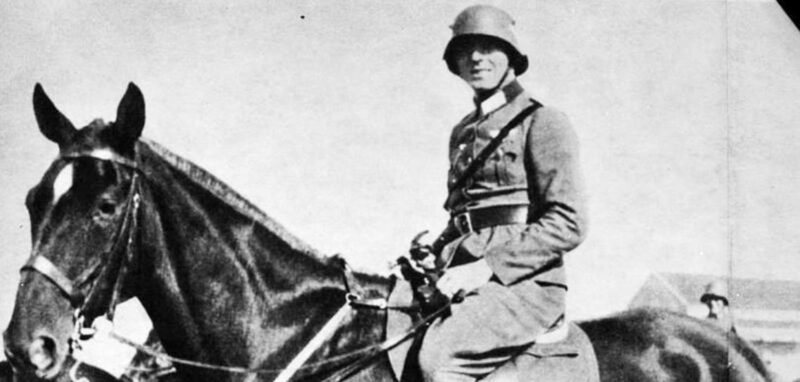
He and his brothers, one of whom married a woman of partial Jewish ancestry, were swept up by the tide of German nationalism that accompanied Hitler’s rise to power in 1933. They did not join the Nazi Party, but endorsed Hitler’s grievance that the 1919 Treaty of Versailles had been an affront to German honor, and they had no objection to his policy of “racial purity,” which doomed the Jewish community.
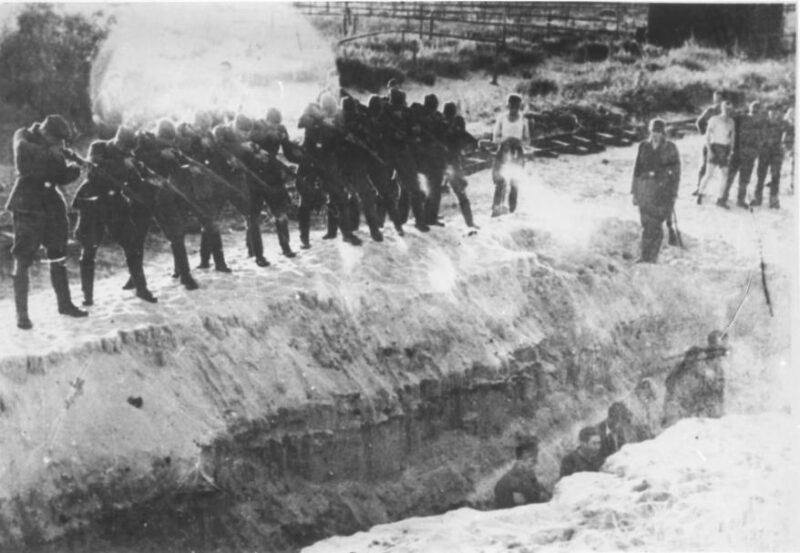
When Stauffenburg learned in 1942 that Jews in a Ukrainian town had been rounded up and forced to dig their own mass grave before being shot, he concluded that Hitler had to be removed. “They are shooting Jews in masses,” he told trusted colleagues. “These crimes must not be allowed to continue.”
Having decided that Hitler had intentionally embroiled the German army in crimes of unprecedented proportions and had sullied Germany’s name, Stauffenburg decided he was no longer fit to be its leader. He and his co-conspirators decided to assassinate Hitler at the earliest opportunity.
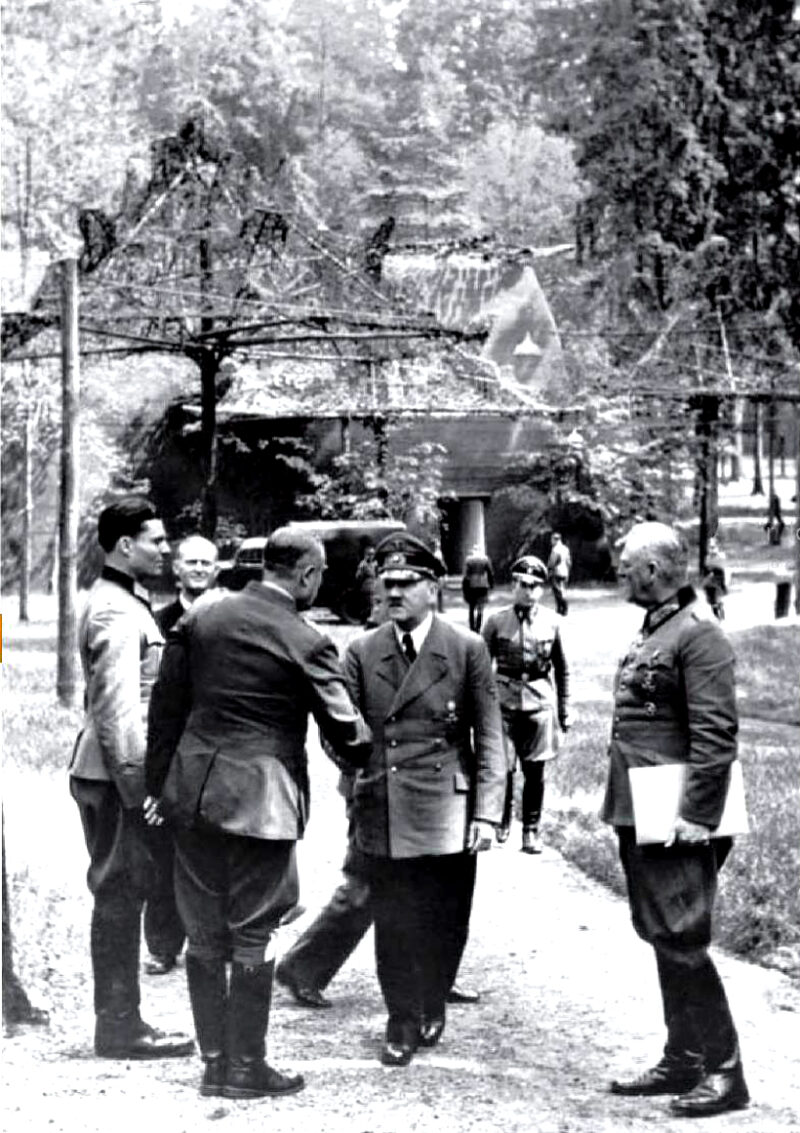
By virtue of his position, Stauffenburg was able to leave a briefcase bomb at Hitler’s headquarters in East Prussia. The blast slightly injured Hitler. The plotters were arrested and executed within hours of their incarceration.
“The only role models the Bundeswehr can take from this time are those who tried to turn things around, like the resistance fighters of July 220,” said Kramp-Karrenbauer, who was born years after the end of World War II.
Reflecting on their contribution to the rule of law, democracy and common decency, she said they had helped Germany return to the community of nations and embrace intrinsic values that are woven into its constitution.
Yet Kramp-Karrenbauer was not complacent. Having partially disbanded an elite commando force which had been infiltrated by right-wing extremists, she warned that their toxic ideas will not be tolerated from soldiers serving in the Bundeswehr.
Coincidentally, she made these comments as a German neo-Nazi accused of carrying out one of the most vile acts of antisemitic violence in postwar Germany appeared in a court in Magdeburg on the first day of his trial.
Charged with two counts of murder and numerous counts of attempted murder, Stephan Balliet, 28, tried to storm a synagogue in Halle last October. Unable to break down its heavy wooden door, he vented his homicidal rage on two Germans, a man and a woman, who happened to be in the wrong place at the wrong time. He filmed one of his assaults, live-streaming it on the internet.
Balliet, an antisemite who has compared Jews to rats, would have felt completely at home in Nazi Germany, from which contemporary Germany has completely disassociated itself.
